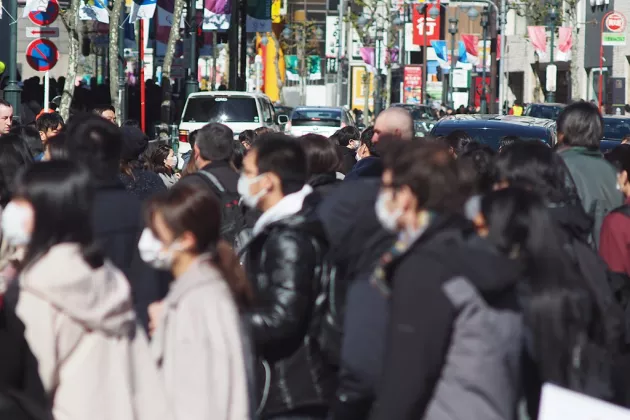The article examines national exceptionalism in political and media rhetoric in Japan and Sweden since the onset of the pandemic. It finds that Japanese exceptionalism was 'classic exceptionalism', insofar as the rhetoric highlighted particular elements of Japanese culture meaning that the Japanese approach would only work in Japan, and not in other countries. Swedish exceptionalism was a more 'paradoxical' kind. On the one hand the Swedish response was rooted in the folktvett and self-responsibility of the Swedish people, while on the other Sweden was the only country in Europe led by science rather than politics. The Swedish approach was the scientifically correct one, and the rest of the world could learn from it.
These cases highlight the dangers of associating pandemic response with national exceptionalism. While it may help in mobilisation, it can also lead to policy inertia - the failure to change course in tandem with shifts in the scientific consensus and best practice.
https://theconversation.com/sweden-and-japan-are-paying-the-price-for-covid-exceptionalism-151974


